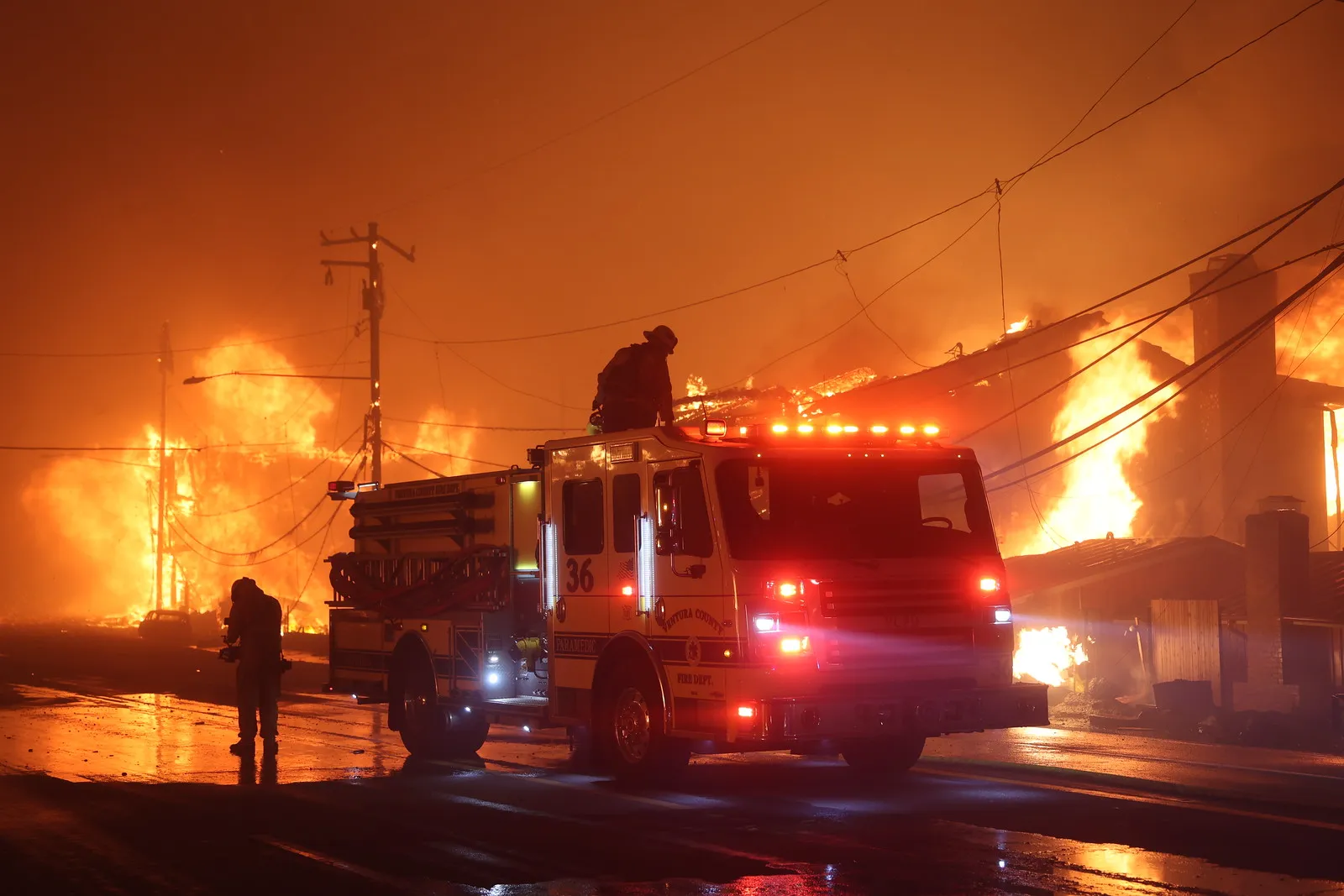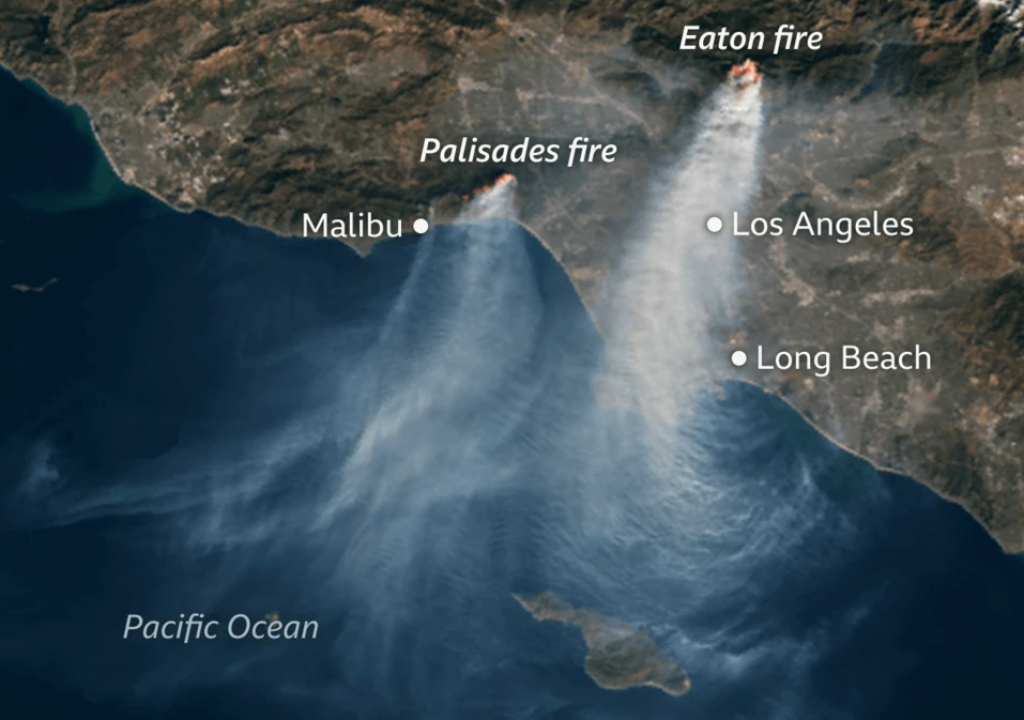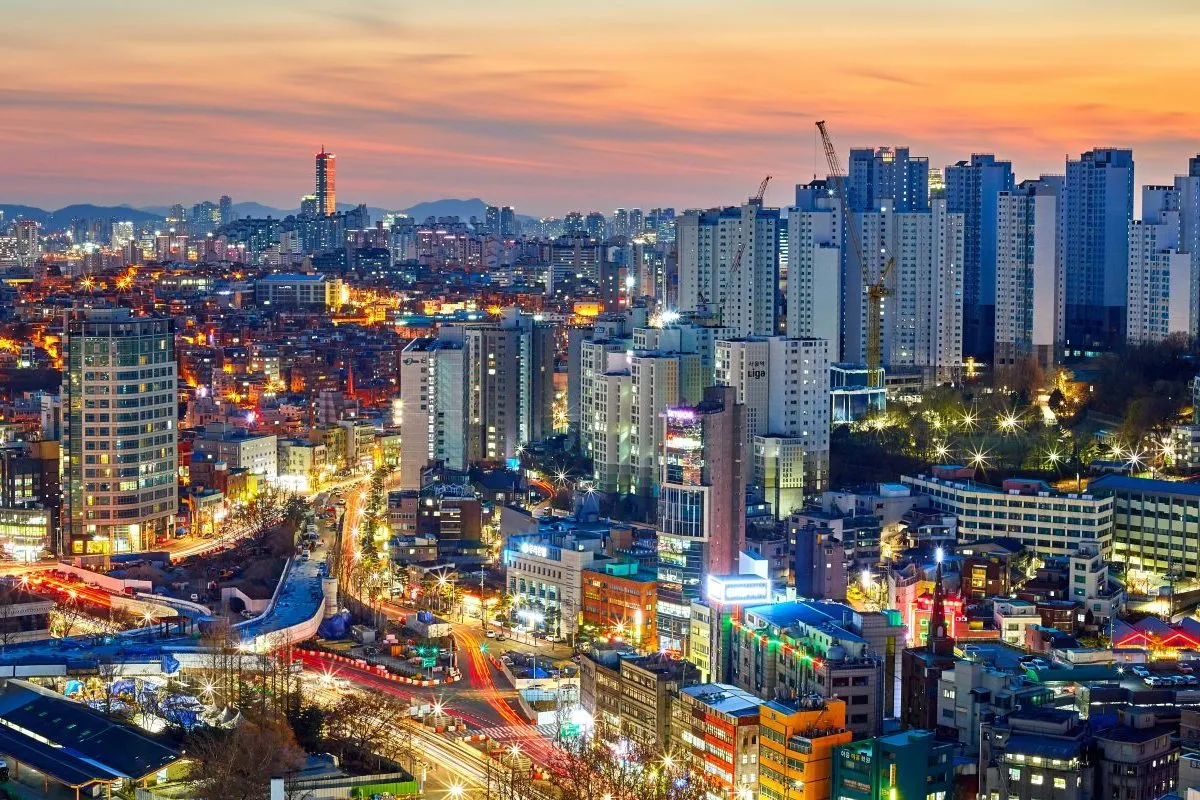LA Wildfires: Climate Change, Extreme Weather, and the Impact on Hotels

Skift Take
Scientists have warned in a new report that climate change made the LA wildfires far worse. The World Weather Attribution group, led by Imperial College London, said that drought conditions are more frequently pushing into winter in the region, increasing the chance a fire will break out during strong Santa Ana winds. The winds can turn small ignitions into deadly infernos.
"Without a faster transition away from planet-heating fossil fuels, California will continue to get hotter, drier, and more flammable," said Dr. Clair Barnes of Imperial College London.
With global temperatures rising, the travel and tourism industry is increasingly dealing with the impact of extreme weather events.
The hotel industry played a significant role in the disaster. As the crisis escalated, authorities ordered over 200,000 people in the region to evacuate their homes. Hotels stepped in to shelter displaced residents and emergency workers.

The LA hotel sector worked with Google to keep up to date records of discounts for displaced residents.
Jackie Filla, the CEO of the LA Hotel Association, said the fires were a wake-up call. "We've seen just enormous weather events. The East Coast has hurricanes and what we saw in North Carolina, the floods went so far into North Carolina, they had never seen that before," she said.
"I think this is going to be a challenge for everyone. With this tragedy, I think what it will prompt is a reexamination of resources that are available, maybe some preparation, and that'll make us all safer and better. I do think that that's just going to be a concern in every jurisdiction."
The fires have so far claimed over 29 lives and more than 16,000 homes and businesses have been destroyed.
The disaster could become the costliest in U.S. history, with AccuWeather estimating damages between $250 billion and $275 billion. That includes losses from property destruction, business interruption and healthcare costs.
European Union, Copernicus Sentinel-3 imagery of the Palisades and Eaton fires.
Impact on Hotels
According to lodging analysis firm Costar, hotel occupancy rates fluctuated in LA during and after the fires. In fire-affected areas like Pasadena, Glendale, and Burbank, occupancy surged by 30% as hotels housed evacuees and emergency responders.
On the other hand, areas like downtown Los Angeles saw a 5% decline in demand, while Hollywood and Beverly Hills hotels reported a nearly 20% drop in demand.
"You know, hotels stepped in to provide whatever they could that people left seamlessly. So that was actually the first thing that this sector did before we started looking at our business," said Filla.
As the fires raged, hotel executives began reckoning with the economic fallout. "We employ tens of thousands of people and a large dip in the business will have dramatic effects on employment. We want to do everything we can to avoid that," Filla said.
Los Angeles Tourism and Convention Board CEO Adam Burke raised concerns about the tourist drop.
"With over 540,000 Angelenos working in the tourism sector and more than 1,000 local businesses relying on our industry for their livelihoods, travelers continuing to visit our City of Angels for leisure, business, and meetings & conventions has never been more critical. In moments like these, tourism does more than drive our economy, it becomes a lifeline in supporting our community's recovery," he said.
Hotels also took in thousands of Federal Emergency Management Agency (FEMA) guests at below-market rates, shifting their revenue streams.
Costar said the higher occupancy rates in hotels will likely continue in the months ahead due to the large number of destroyed homes.
However, it remains too early to tell what the overall impact of the revenue change will be on the hotel sector. "We are going to lose some business," Filla said. "While we're getting business, different guests than what you would have had before the fire. So this is something we're going to have to grapple with."
Skift’s in-depth reporting on climate issues is made possible through the financial support of Intrepid Travel. This backing allows Skift to bring you high-quality journalism on one of the most important topics facing our planet today. Intrepid is not involved in any decisions made by Skift’s editorial team.






